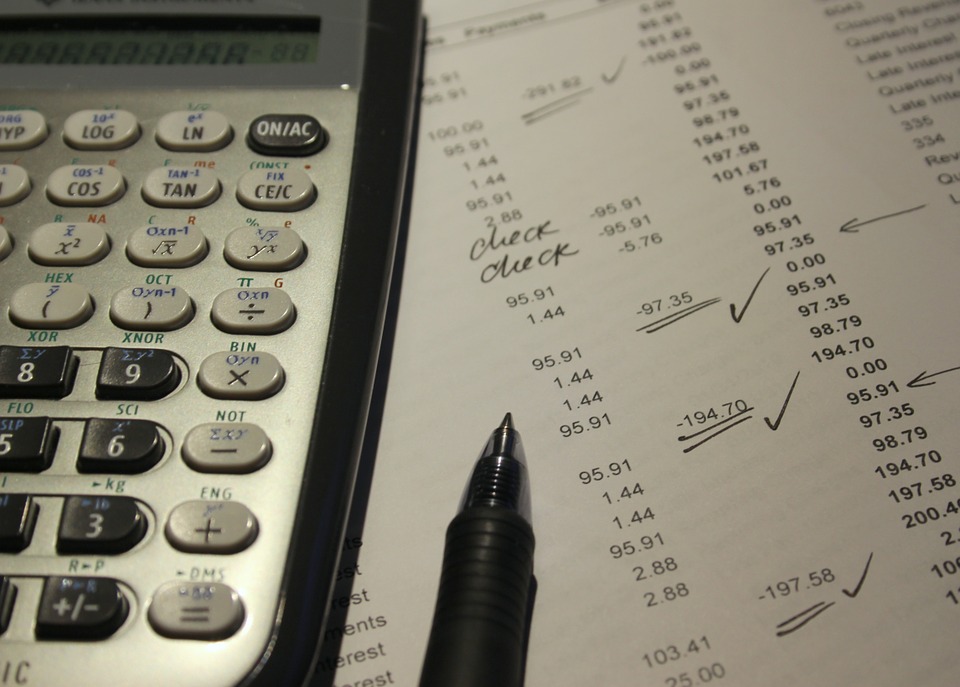Rising audit fees hit contractors
The accountancy failures surrounding the collapse of Carillion are costing other firms with government contracts millions of pounds in annual audit fees.

The latest filings have indicated that the construction and outsourcing sector is facing the consequences of increasing accountancy fees being charged by large accountancy firms.
The fees Capita has paid its auditor, KPMG, which is the same company that oversaw the debacle at Carillion, soared from £3.4 million a year to £5.9m over three years. The audit fee paid by Serco to KPMG also jumped by 58% to £1.9m. While the audit bill at Kier doubled in just one year from £200,000 to £400,000.
Other companies in the sector, such as Balfour Beatty, Costain, Mitie and Mears, also have reported inflation-busting increases in audit fees of between 10% and 20%.
The figures quoted are on a like-for-like basis for the statutory audit, rather than any other fees charged by the accountants for additional refinancing or restructuring work.
However, the high-profile complaints filed against KPMG and its auditor in charge of the Carillion account at parliamentary hearings of the business and pensions select committees, as well as criticisms from the Cabinet Office, are understood effectively to have put up a red flag over the audits of government contractors.
It is understood that the Big Four accountancy firms KPMG, Deloitte, PWC and EY have been increasing resources in audits in the sector to produce higher-quality checking of supposedly higher-risk clients.
However, this is not the only reason that fees have soared. One company advisor said: “If you have hefty fines being levied for audit failures by the regulators and if you have audit partners’ reputations trashed in the House of Commons, then that is putting the accounting firms professional indemnity insurance up sky-high and they need to claw back those costs.”
Others have cited the regulatory clampdown on audit firms for the rise in price. It has been said that companies generally are paying the price for the restrictions on the amount of additional and lucrative accounting or consulting services that they can offer their clients.
One financial director who wished to remain anonymous, said: “Audit was always a loss-leader to sell us other services. Now that has gone, they are charging us through the nose for the audit.”
Fees paid to auditors by FTSE 100 companies reached £911m last year, an increase from the £892m in 2018, according to Thomson Reuters.
The Financial Reporting Council has been calling on firms to increase prices and invest more in audit work to improve standards. The regulator has been concerned that by offering audit services at low prices, firms could win contracts for more lucrative tax and consulting services.
It has imposed a cap on non-audit fees to encourage auditors to invest more in audit work and to reduce the potential for conflicts of interest. The regulator is also working with the Big Four to agree a separation of their audit and consulting practices. The split is expected to lead to further increases in fees.





















